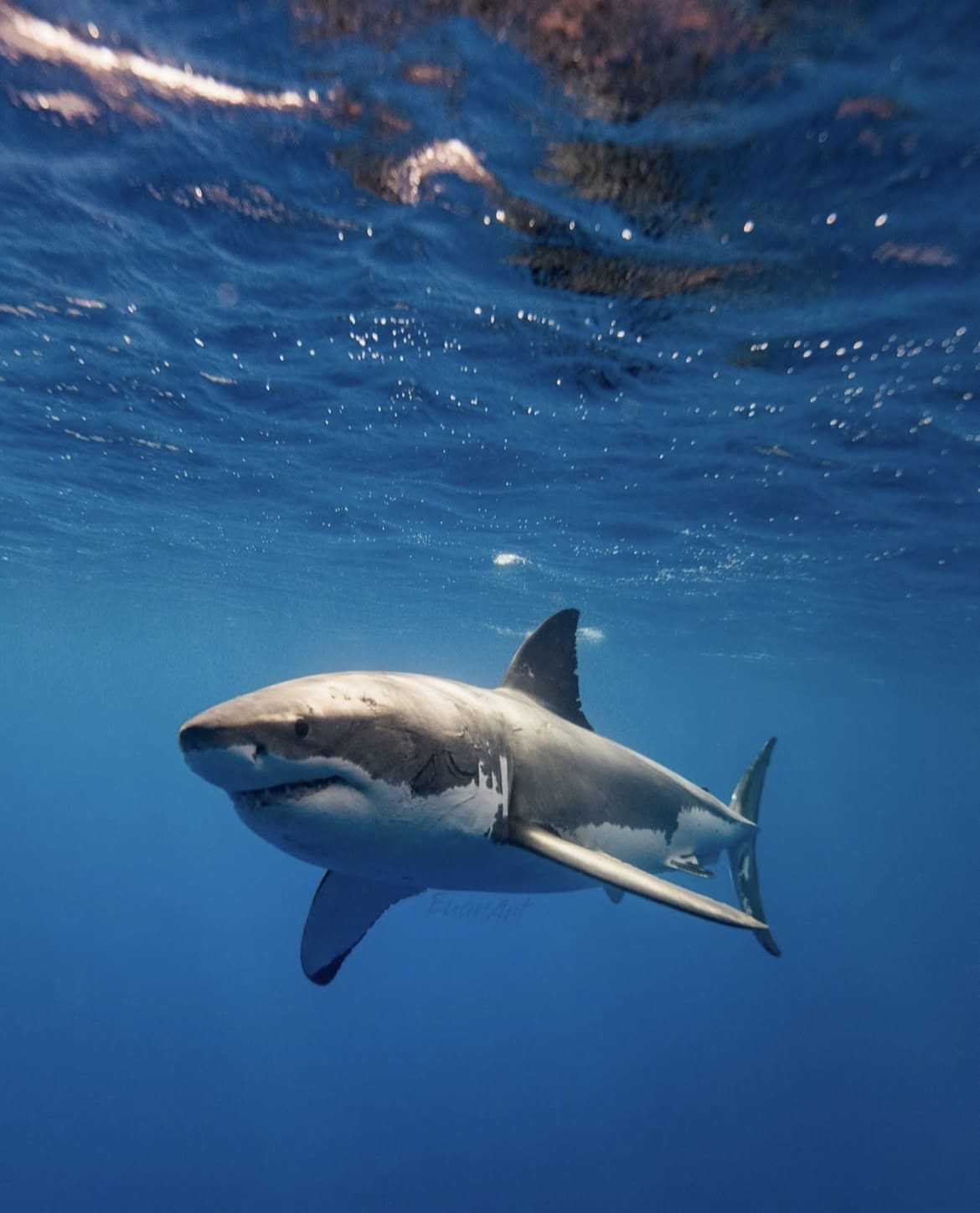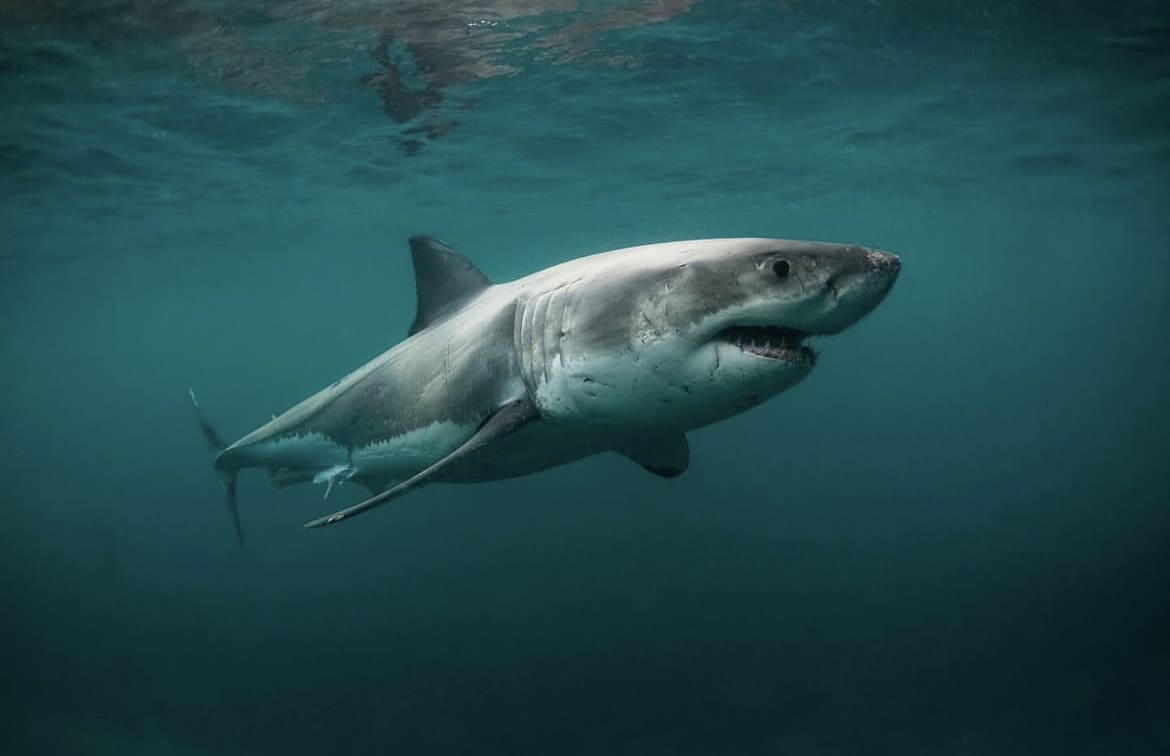In recent years, South Africa has become a hub for groundbreaking research aimed at reducing shark attacks on beachgoers while safeguarding marine ecosystems.
With its expansive coastline and high-profile shark activity, the region has become a testing ground for innovative, non-invasive technologies.
Mossel Bay, a popular tourist destination, is one such hotspot where the delicate balance between human safety and marine conservation is being reimagined.
LED Technology as a Visual Shield
One of the most intriguing advancements comes from researchers at Macquarie University, who are experimenting with LED lights to deter sharks. The premise is simple yet effective: sharks rely heavily on visual cues to identify prey. By altering these cues, the LED lights attached to the undersides of surfboards and stand-up paddleboards create a visual distortion that confuses sharks.
In controlled experiments, researchers dragged surfboards equipped with various light configurations behind a boat, carefully observing shark behavior. The results were promising. The lights made it significantly harder for sharks to distinguish surfers from their natural prey. This approach is not only cost-effective but also non-disruptive, allowing marine life to go about their routines unharmed.
“LED technology could be a game-changer,” one researcher noted. “It’s a straightforward solution that enhances safety without interfering with the environment.”

SharkSafe Barrier: Nature-Inspired Innovation
Another breakthrough in shark deterrence comes from the SharkSafe Barrier, an eco-friendly system designed to mimic natural kelp forests. This innovative barrier consists of magnetized tubes anchored to the seabed. The tubes are lined with ceramic magnets that overstimulate the electrosensory organs sharks use to navigate and hunt.
“We wanted something that works with nature, not against it,” explained a spokesperson from the SharkSafe team. “By mimicking kelp, we’re leveraging a natural deterrent that sharks already avoid.”
Unlike traditional shark nets, which often ensnare and harm marine animals, the SharkSafe Barrier allows creatures like dolphins and turtles to pass through unscathed. Extensive trials in South Africa and the Bahamas have demonstrated the barrier’s efficacy. It’s now being championed as a scalable solution to protect swimming areas without causing ecological damage.
Read Next:
Automating Shark Spotting with AI
In Cape Town, researchers are turning to artificial intelligence to enhance beach safety. Building on the success of the Shark Spotters program, a new project at the University of Cape Town is developing an automated shark-spotting system. By using computer vision algorithms, fixed cameras positioned above popular beaches can detect sharks in real-time.
Since its launch in 2004, the Shark Spotters program has logged over 2,500 shark sightings, combining human vigilance with advanced technology. The new AI-driven system aims to lower costs and increase accuracy, making it accessible to more coastal communities.
“Automation doesn’t replace human expertise,” a researcher emphasized. “It complements it, allowing for faster response times and broader coverage.”

Rethinking Shark Management
The shift towards humane, sustainable shark deterrent methods signals a broader change in how we manage human-wildlife interactions. Technologies like LED lights, the SharkSafe Barrier, and automated shark-spotting systems offer practical solutions that prioritize coexistence over conflict. These advancements not only protect humans but also uphold the integrity of marine ecosystems.
As these technologies continue to evolve, their impact could extend far beyond South African shores. Countries worldwide are already taking note, exploring how similar methods could be adapted to their coastlines. For Mossel Bay and other shark-prone areas, the message is clear: safety and conservation can go hand in hand.
By rethinking our approach to shark management, South Africa is setting a global example. It’s a testament to the power of innovation to resolve age-old challenges, ensuring that both humans and sharks can share the ocean in harmony.
